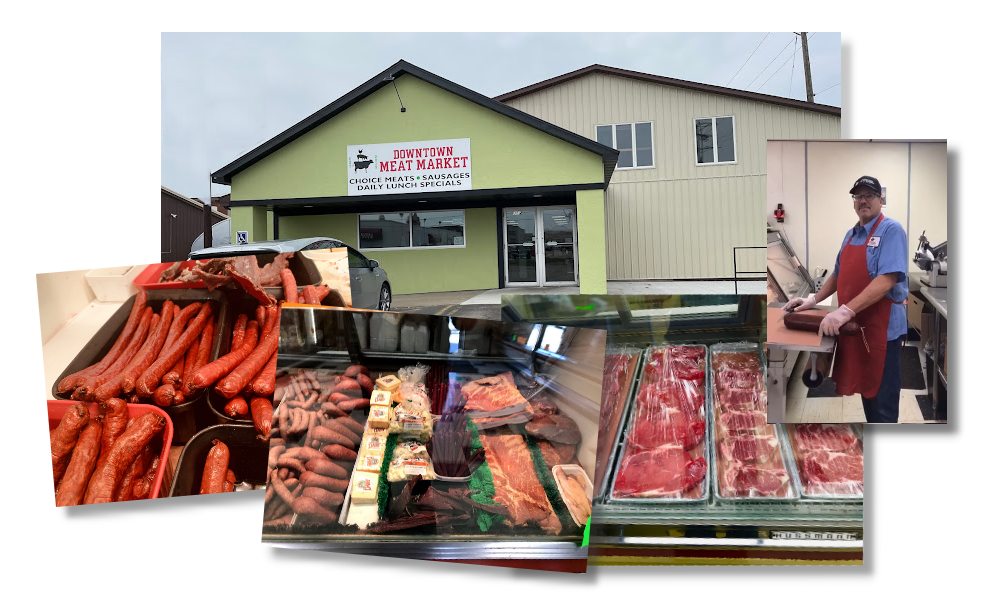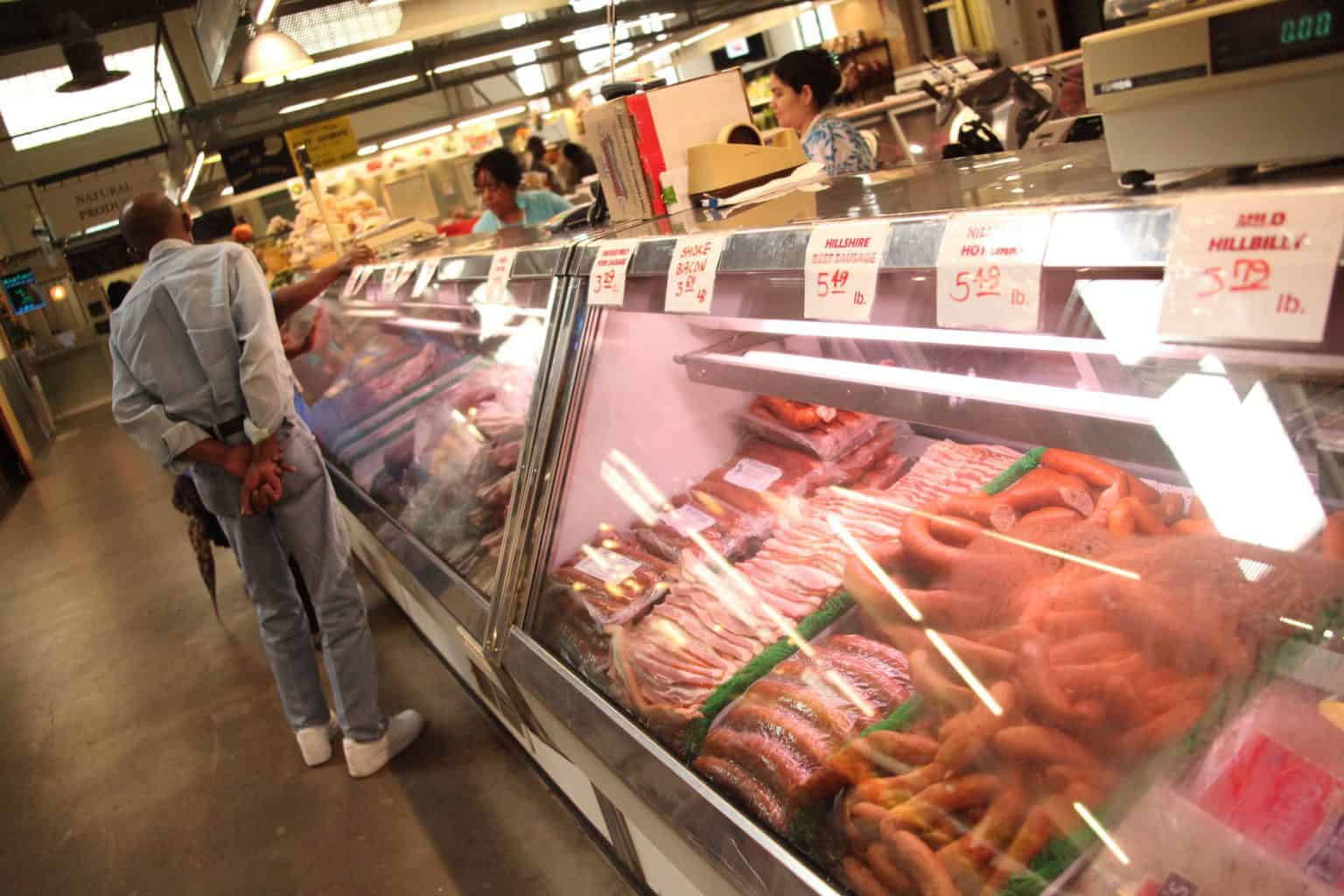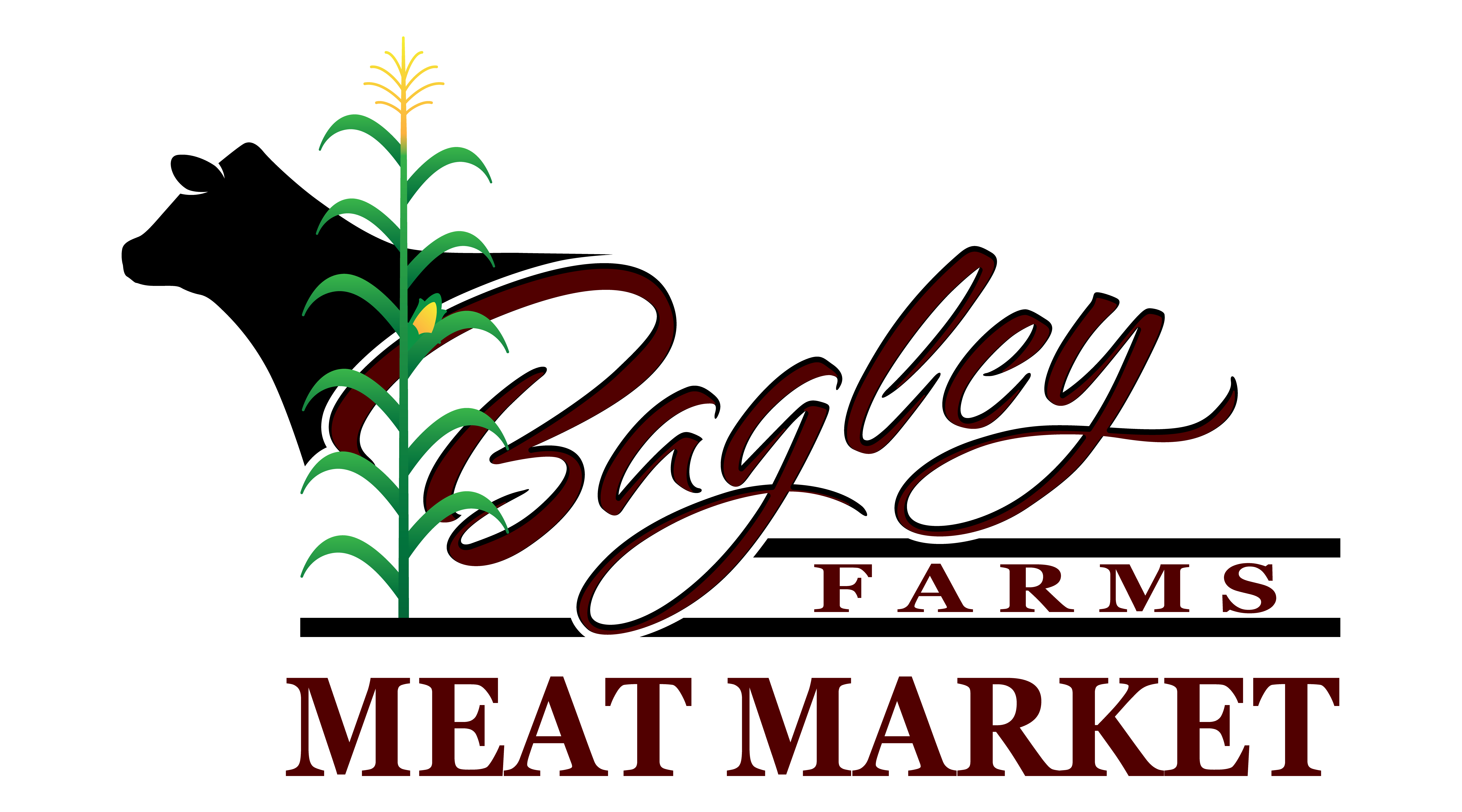Why Buying at a Local Meat Market Guarantees Fresh, High-Quality Cuts
Shopping at a neighborhood meat market provides unique advantages that often go undetected by consumers accustomed to bigger retail chains. The ramifications of picking neighborhood prolong past immediate advantages, prompting a better examination of what this choice absolutely implies for both consumers and the neighborhood economy.
Advantages of Local Sourcing
In the realm of food procurement, the advantages of neighborhood sourcing attract attention prominently. By purchasing meat from neighborhood markets, consumers gain direct accessibility to products that are typically fresher and more flavorful than those located in bigger, business grocery stores. Neighborhood sourcing lowers the time and range food travels from farm to table, which not just enhances taste however also maintains nutritional value.

In addition, local sourcing frequently offers transparency pertaining to the beginnings of the meat. Customers can inquire about the farming practices used, animal welfare requirements, and whether the meat is natural or grass-fed. This details empowers shoppers to make informed decisions aligned with their values.
High Quality Control Specifications
Regional meat markets commonly stick to extensive quality assurance standards that ensure the items used satisfy high security and freshness standards. These criteria normally include different stages of the meat manufacturing procedure, from sourcing to dealing with and storage space.
First, neighborhood markets typically establish stringent vendor requirements, ensuring that just reputable ranches and producers are made use of - bagley meat market edwardsville il. This minimizes the likelihood of contamination and advertises higher pet welfare standards. Furthermore, numerous local meat markets carry out regular examinations to confirm that the meat is processed under sanitary conditions, better decreasing health and wellness dangers
Temperature control is another essential element of high quality guarantee. Neighborhood meat markets regularly keep track of refrigeration systems to maintain optimal storage space temperature levels, making certain that meat stays fresh and risk-free for intake. The application of traceability systems allows markets to track the beginning of their items, providing transparency and liability.
Lastly, team at local meat markets are often trained to recognize indicators of spoilage and recognize correct handling strategies. This dedication to quality assurance not just boosts the general requirement of the meat but additionally fosters consumer trust fund, making local meat markets a reputable source for high-grade cuts.
Sustaining Neighborhood Farmers
Sustaining regional farmers is necessary for promoting a sustainable food system and boosting community strength. They directly contribute to the incomes of farmers in their region when customers pick to go shopping at regional meat markets. This not only supports the neighborhood economy but also strengthens the farming field, making certain that it stays viable and vibrant.


Furthermore, supporting neighborhood farmers fosters a feeling of community and link between consumers and producers. It urges transparency in food sourcing and infuses trust fund, as customers can create relationships with the people that increase their food. This direct connection inevitably brings about a much more engaged and notified public, which is essential for supporting for lasting agricultural methods in the future.
Lasting Practices
Sustainable methods in meat markets play a critical duty in promoting environmental stewardship and making certain pet welfare. Local meat markets typically prioritize sourcing their products from farms that apply moral and sustainable farming approaches. These methods include rotational grazing, which aids keep soil health and wellness and lowers carbon exhausts, alongside minimizing the use of antibiotics and hormones in livestock.
In addition, local meat markets normally stress find more info openness in their supply chains. Customers are offered with info regarding the beginning of their meat, allowing them to make enlightened choices that line up with their values. By sustaining local farmers who exercise lasting techniques, consumers add to the preservation of biodiversity and the reduction of transport emissions related to long-distance meat circulation.
Furthermore, several neighborhood meat markets participate in waste decrease approaches, such as using every component of the pet and advertising off-cuts that might or else go unsold. By promoting an extra lasting approach to meat intake, these markets not just provide top quality products but also contribute positively to the environment and animal well-being. Essentially, shopping at a local meat market straightens customers with a wider motion in the direction of honest and liable food sourcing.
Personalized Client Service
Buying at a meat market often includes more than just the products used; it is likewise regarding the experience and the partnerships constructed in between consumers and team. Personalized client service is a characteristic of regional meat markets, establishing them apart from larger grocery chains. Well-informed team make the effort to understand individual customer preferences, guaranteeing that each see is tailored to particular demands.
Clients take advantage of experienced advice on cuts, cooking approaches, and prep work tips, fostering a sense of count on and commitment. This tailored interaction enables consumers to ask questions and seek suggestions, causing educated buying choices. Staff participants frequently bear in mind regular consumers and their preferences, creating a welcoming ambience that cultivates area ties.
Additionally, individualized service reaches unique demands, such as personalized cuts or go particular preparation approaches, which larger retailers might not accommodate. This degree of focus enhances the commitment of local meat markets to quality and customer complete satisfaction.
In essence, individualized customer support not just enhances the purchasing experience but also makes sure that clients leave with the most effective products matched to their culinary requirements, making every see a rewarding one.
Conclusion
Supporting neighborhood farmers promotes community relationships and reinforces the neighborhood economic climate, while sustainable methods add to environmental stewardship. In addition, customized customer service boosts the shopping experience, making neighborhood meat markets a preferred selection for consumers seeking both quality and honest considerations in their food sourcing.
The ramifications of choosing local expand beyond immediate benefits, motivating a better evaluation of what this option absolutely suggests for both customers and the local economy.
Sustaining local meat markets also adds to the regional economic climate. Neighborhood meat markets regularly check refrigeration systems to keep optimal storage space temperatures, ensuring that meat remains secure and fresh for usage.Local farmers are typically extra attuned to the particular requirements of their neighborhoods, increasing and growing crops animals that straighten with neighborhood preferences and preferences. Your Domain Name Supporting regional farmers fosters community partnerships and enhances the neighborhood economic situation, while lasting methods contribute to ecological stewardship.